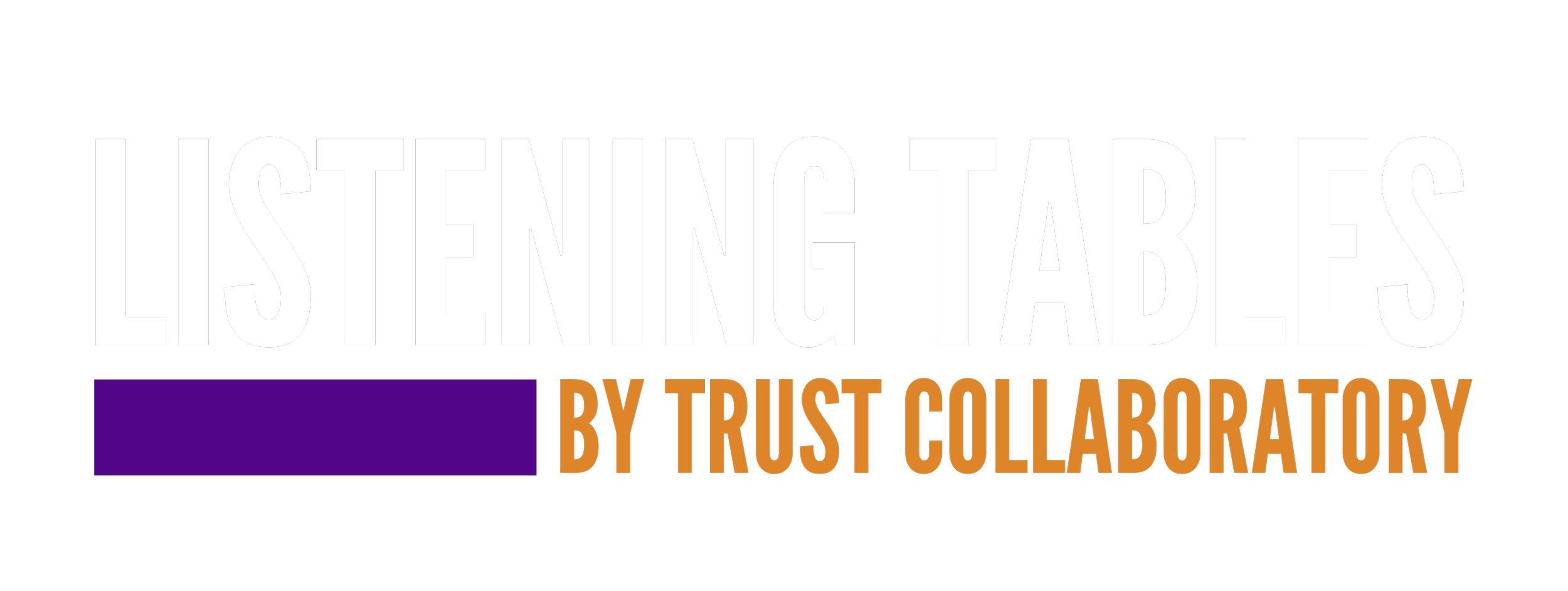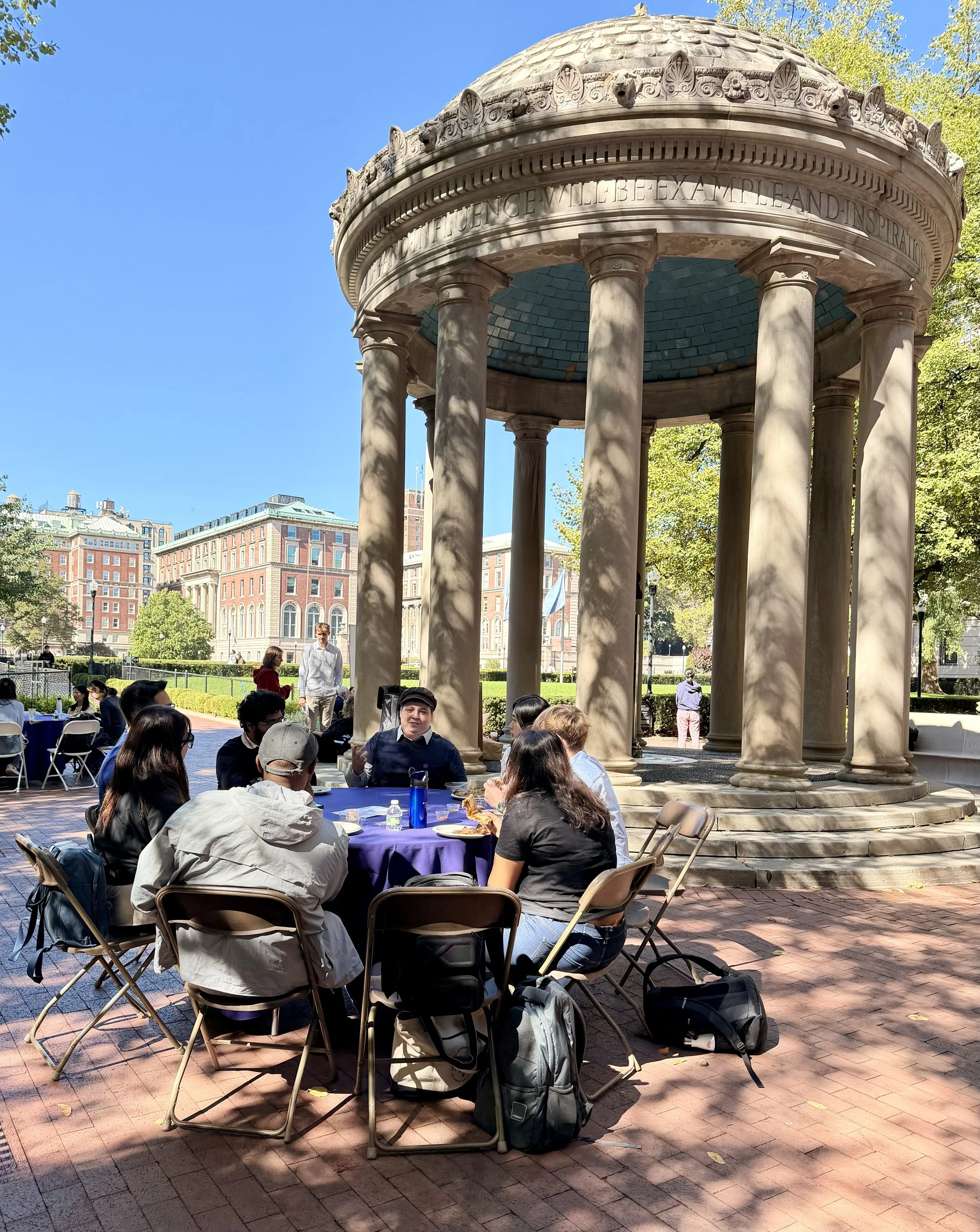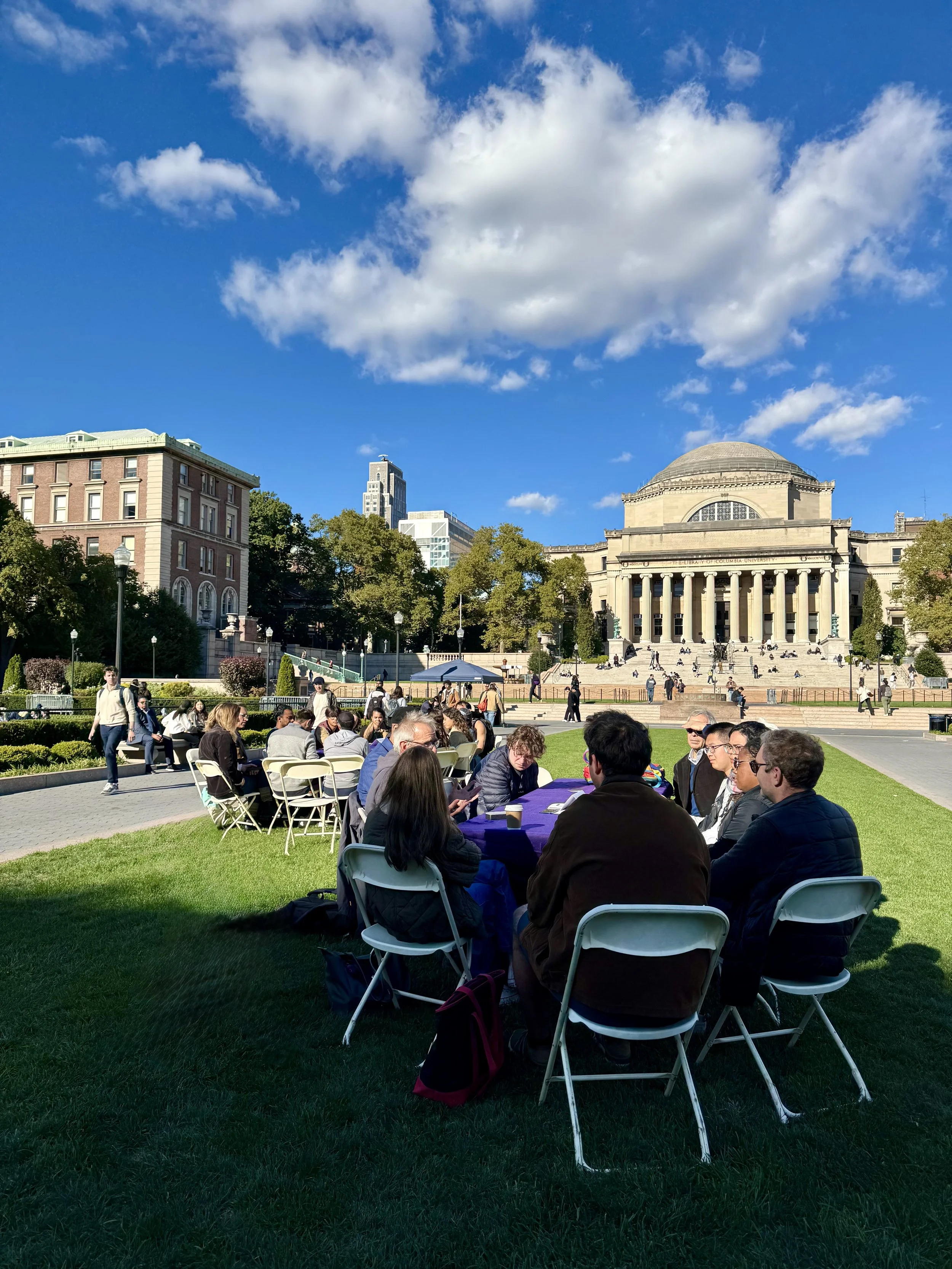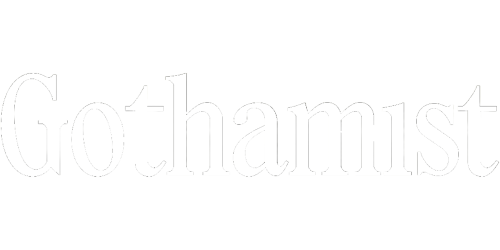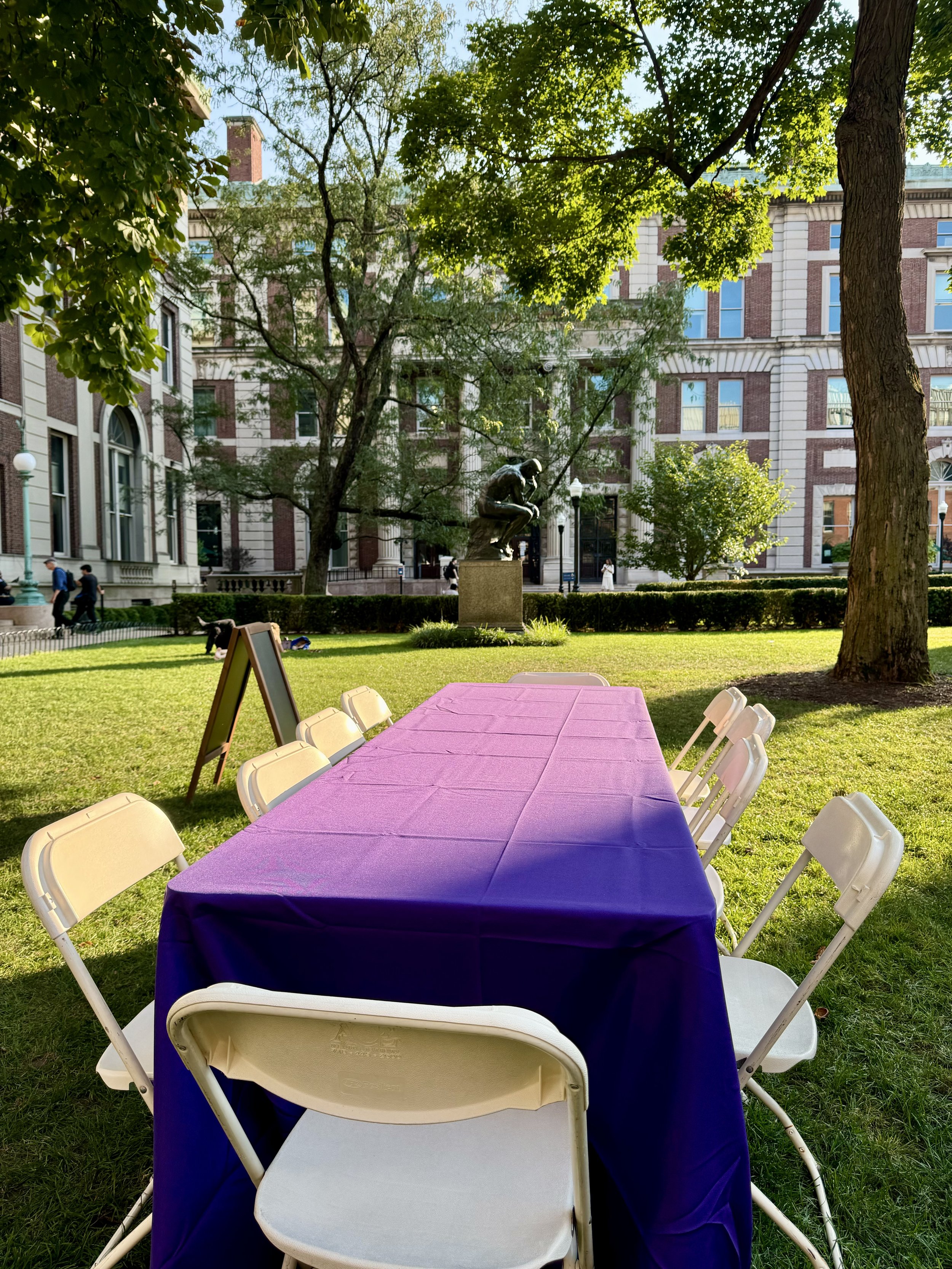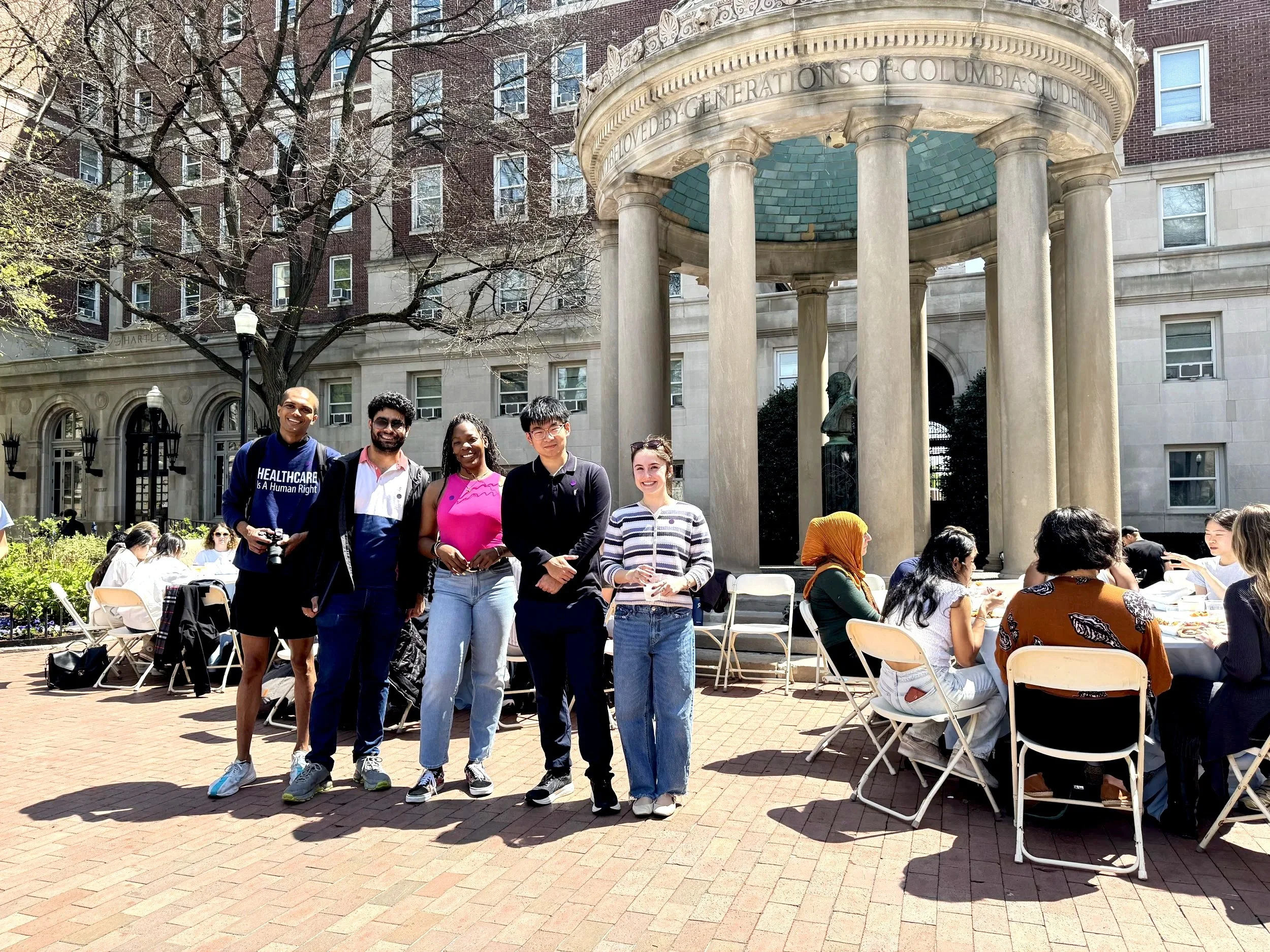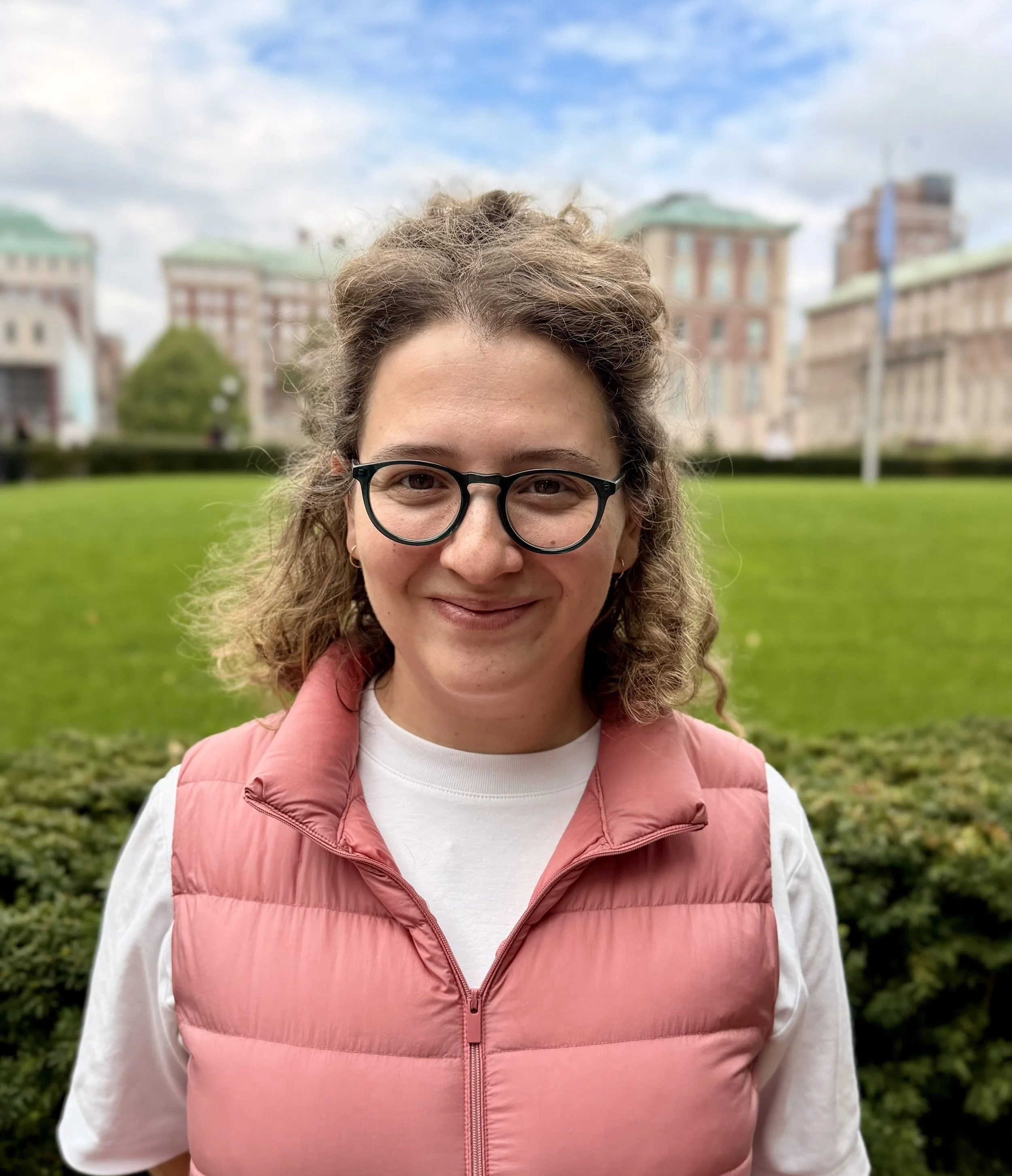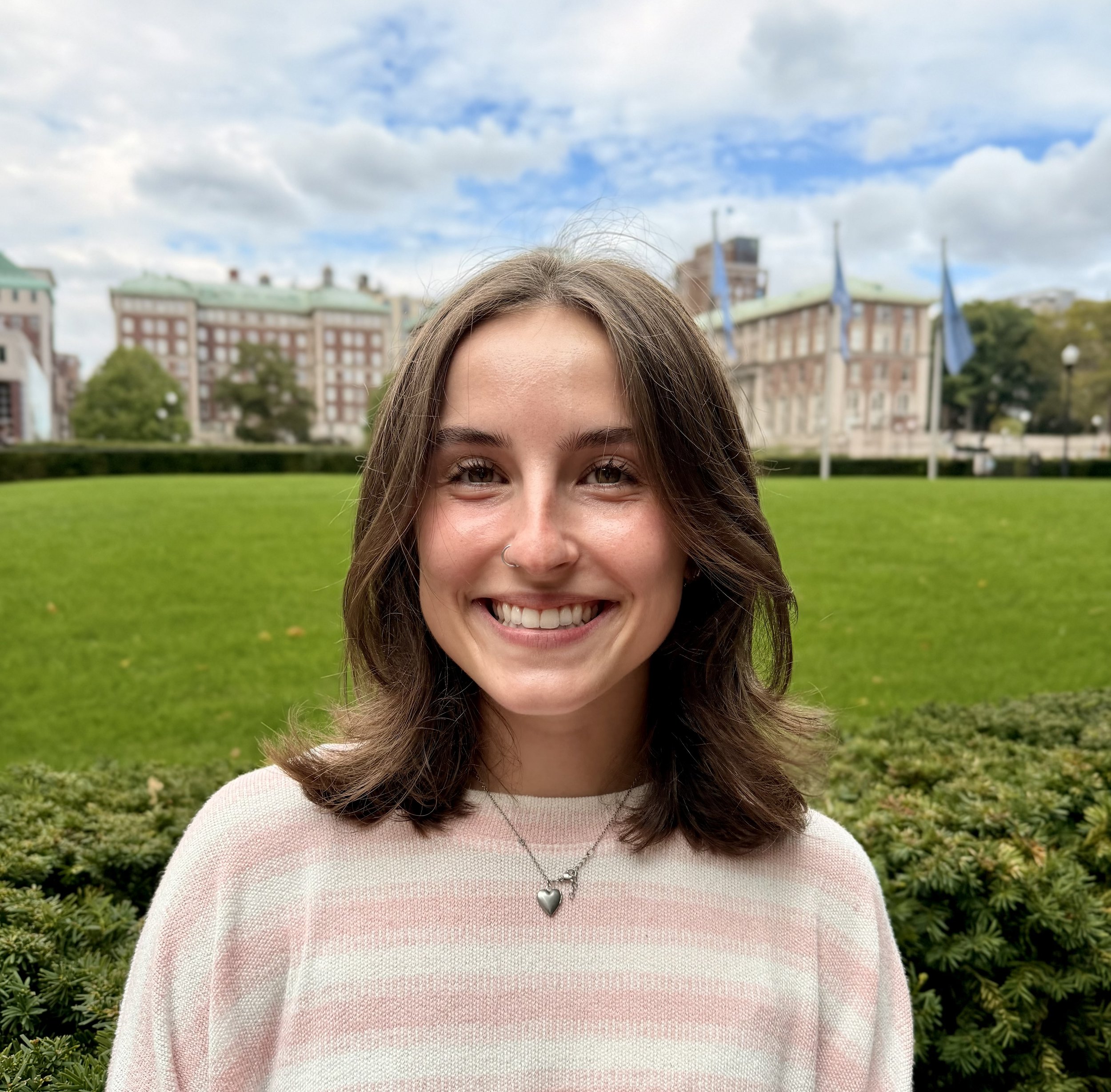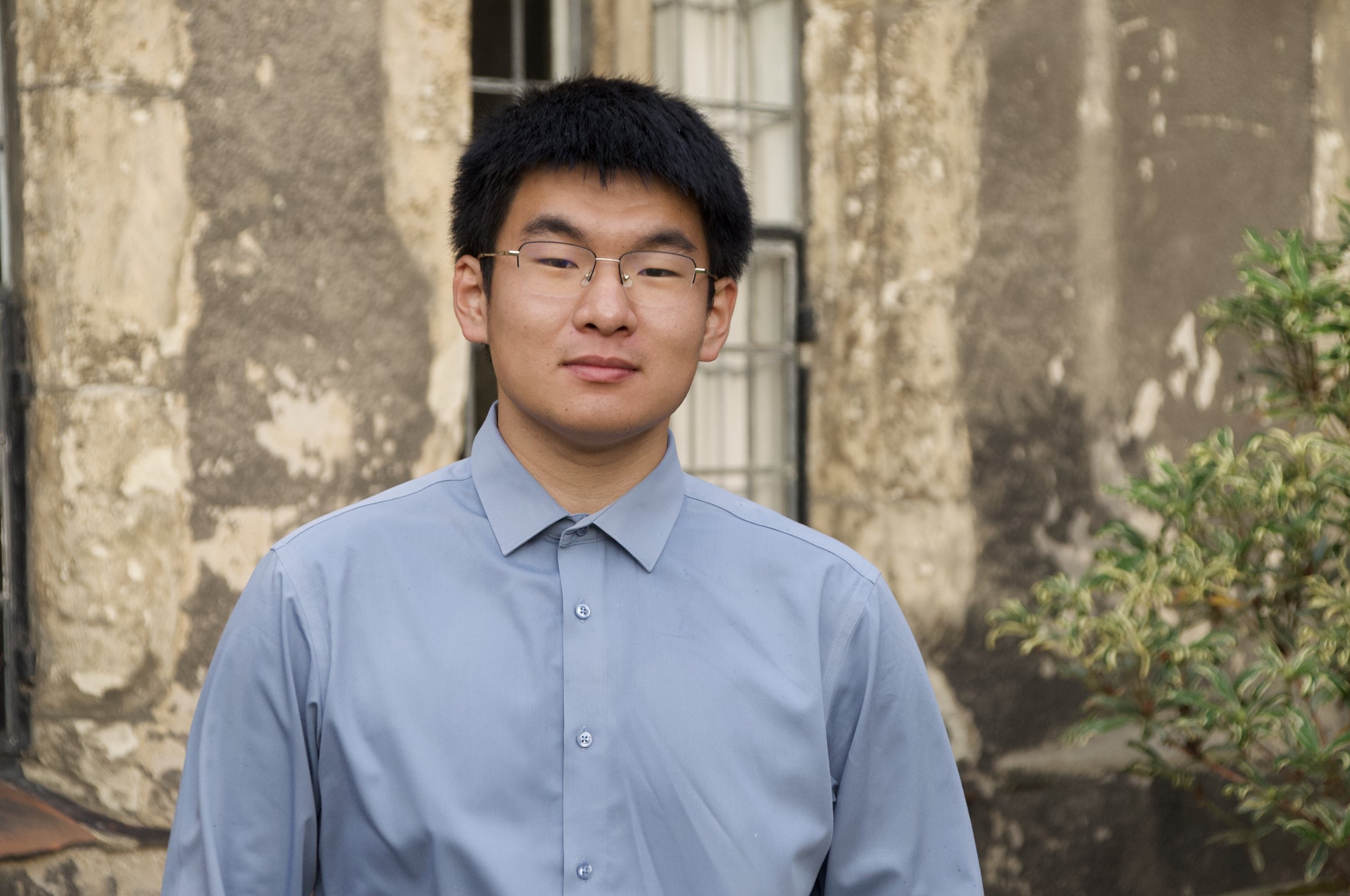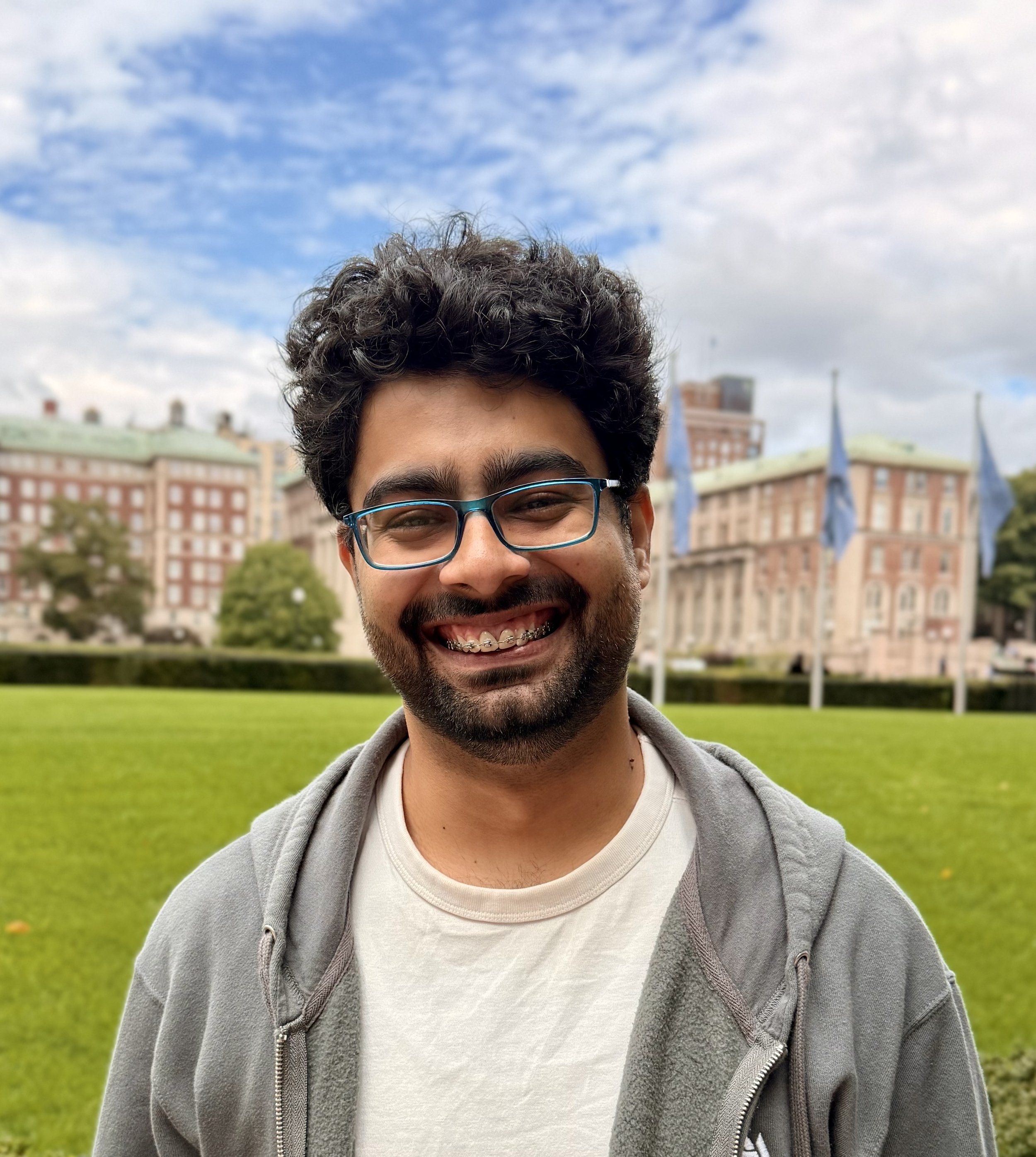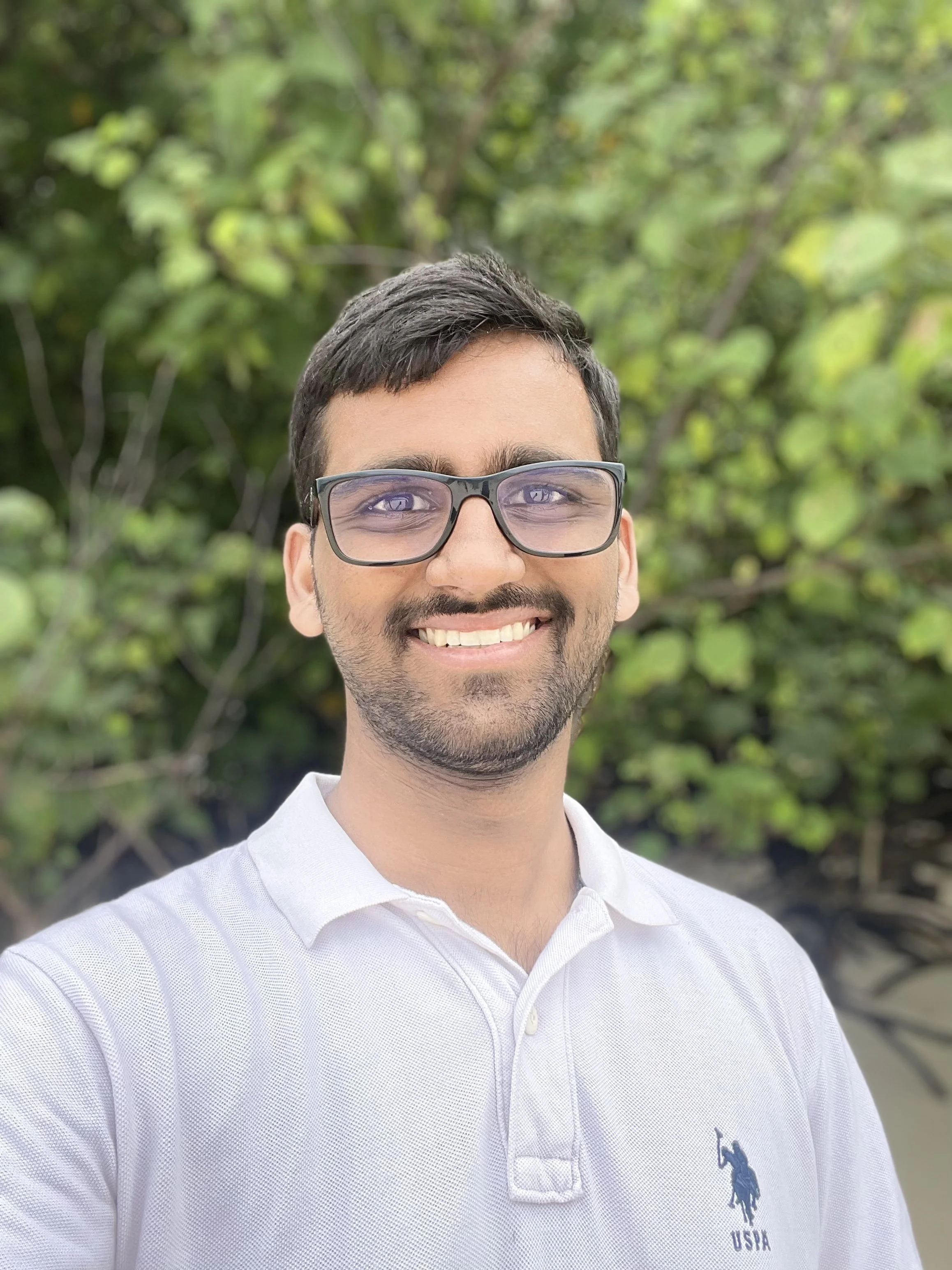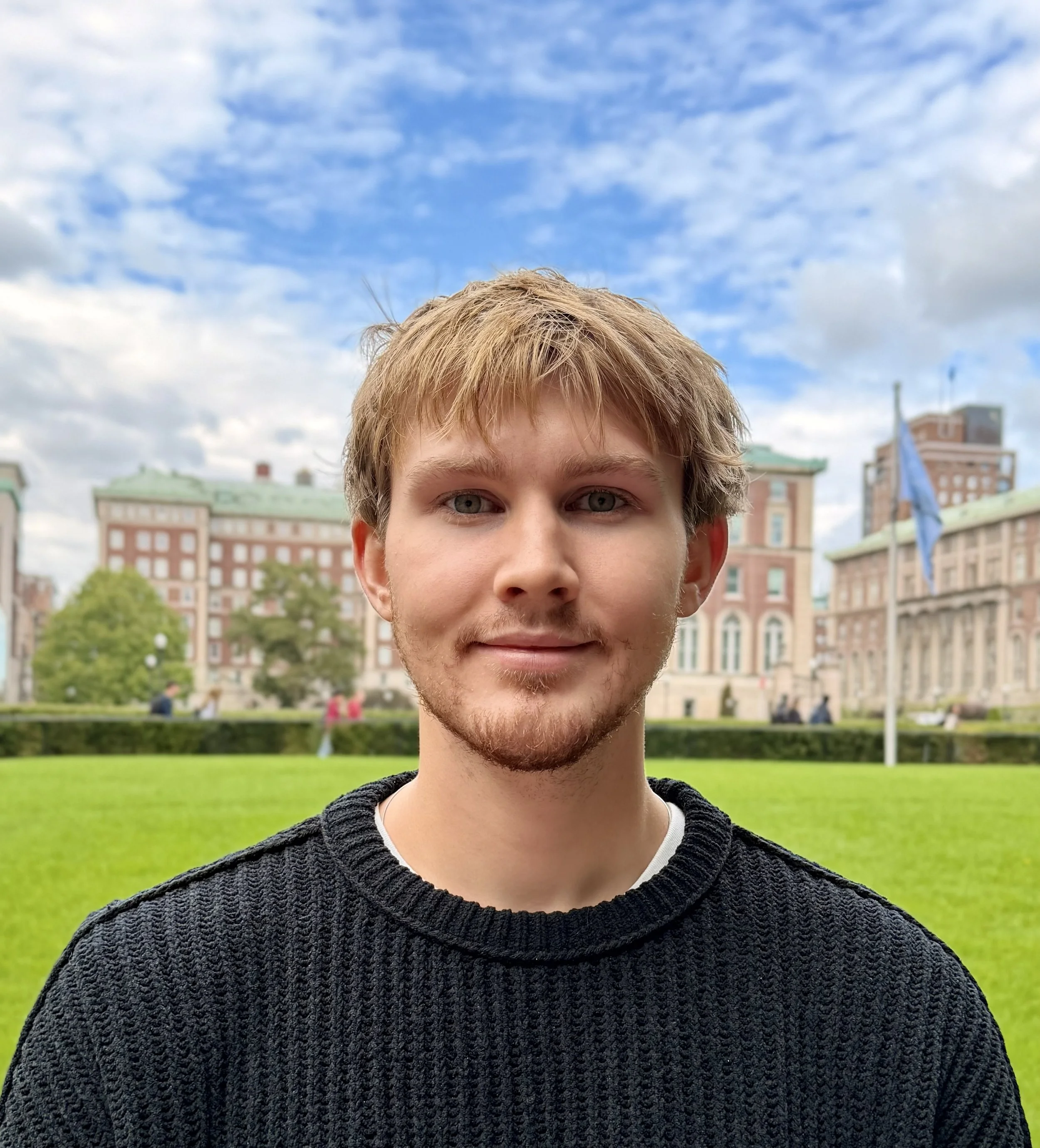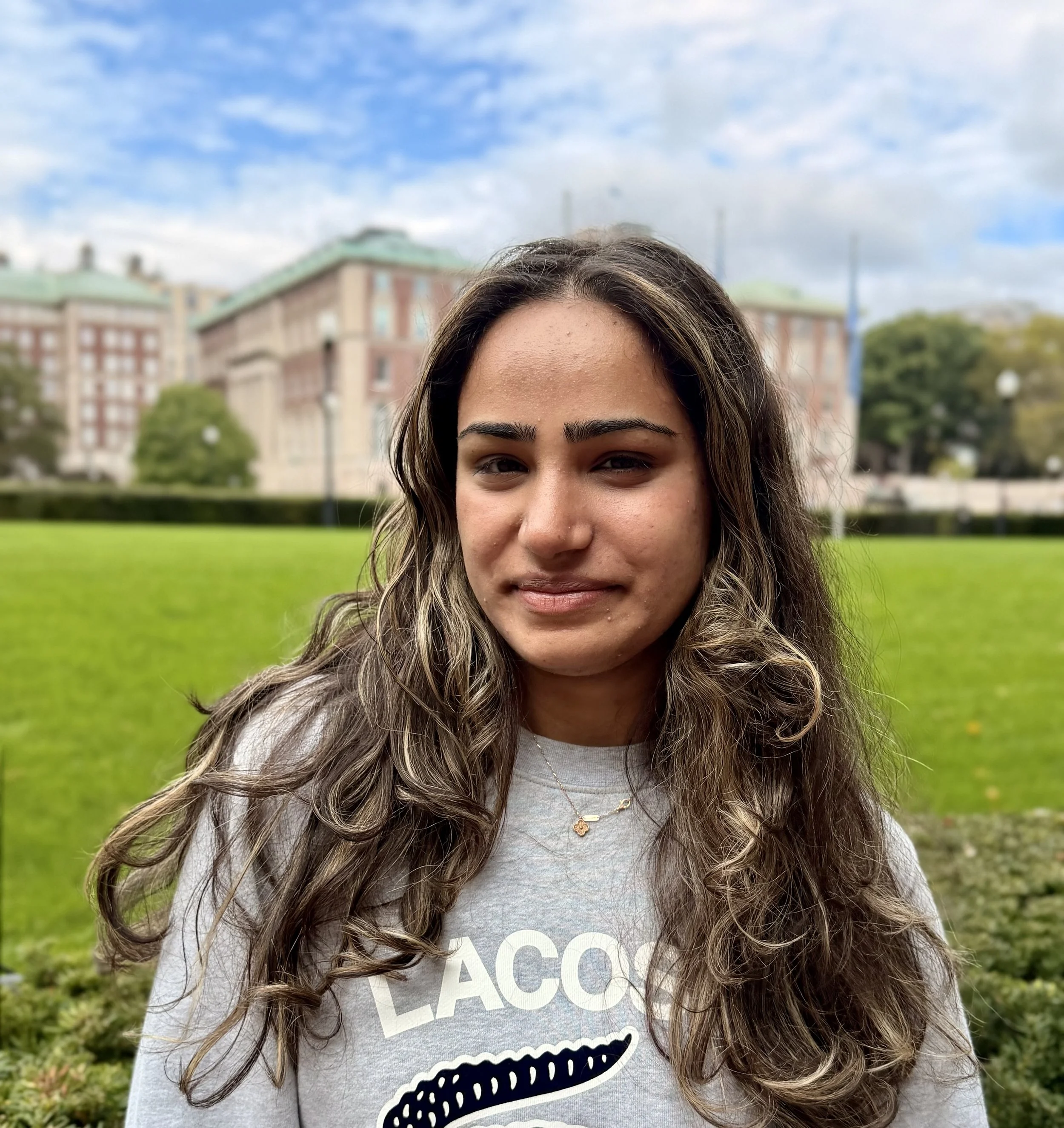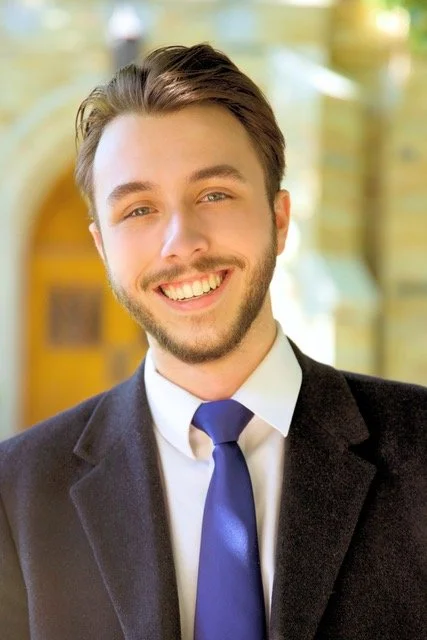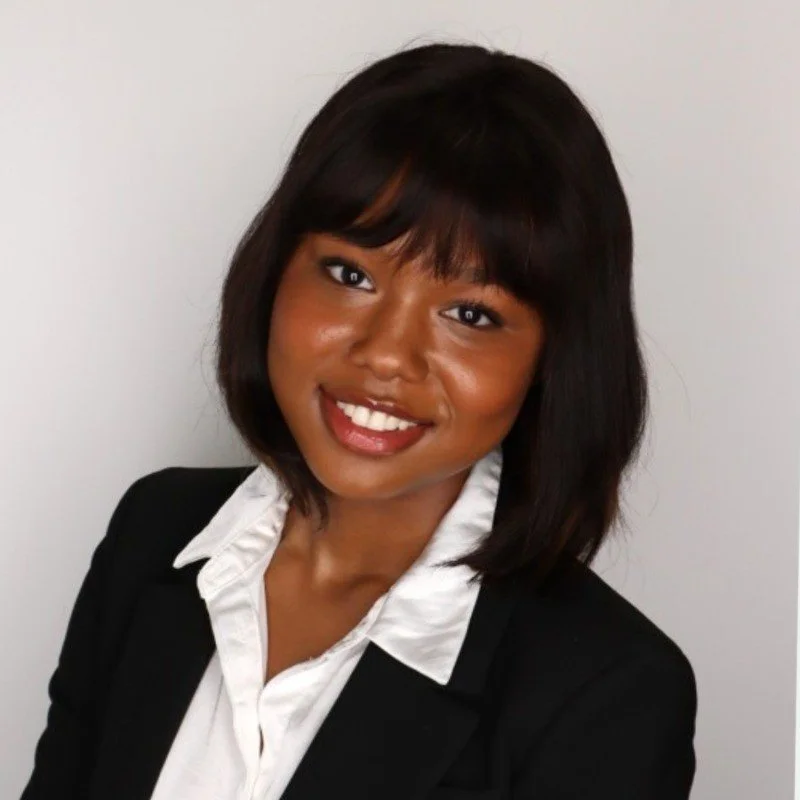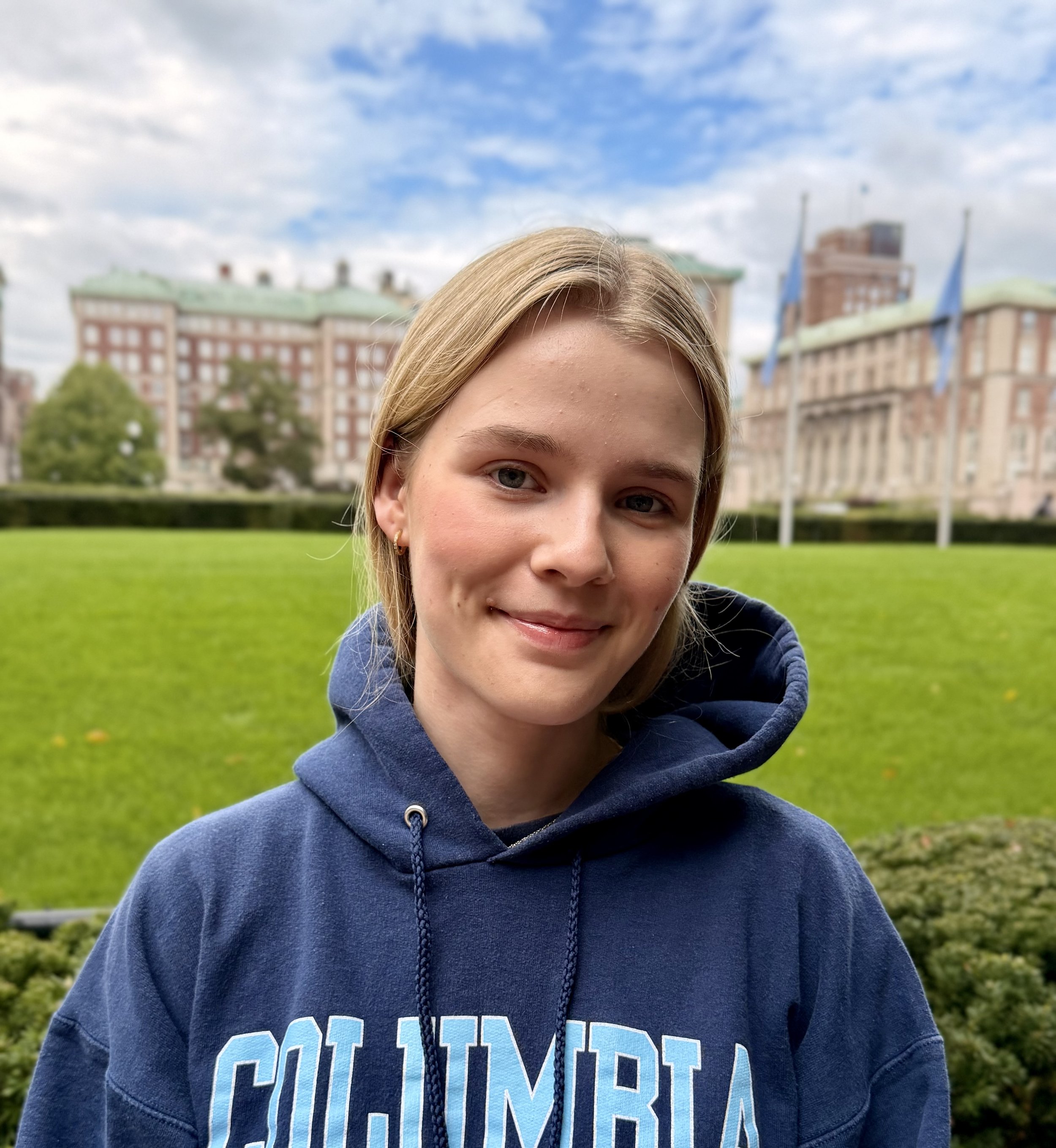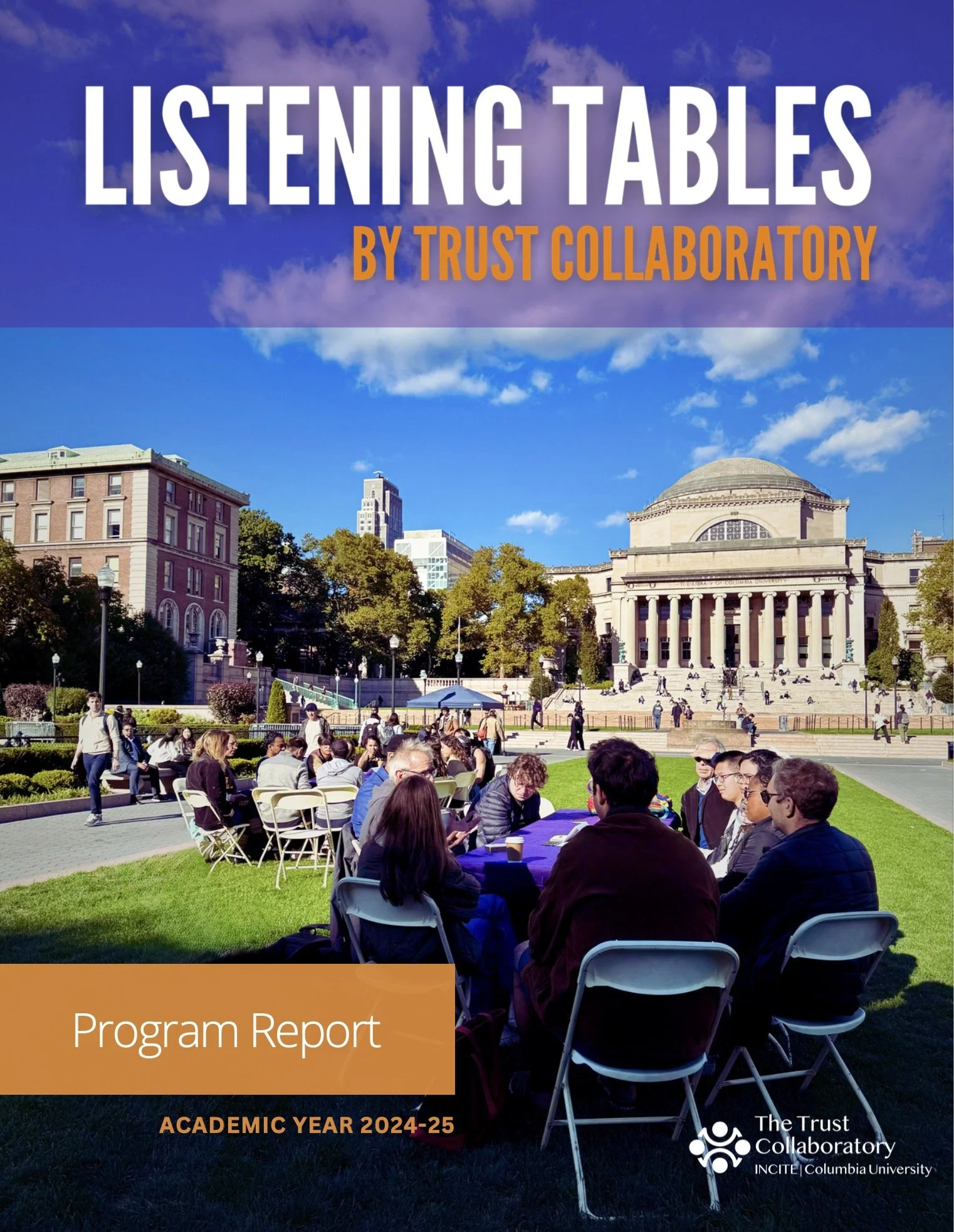Follow us on social media for updates and stories:
About Listening Tables
Columbia has been torn by deep divisions in the last year between vital political activism and the need for the University to continue its regular activities of research and learning while preventing protests from deteriorating into harassment of others. There are ongoing discussions on campus about what it means to have empathy for others—and their feelings when confronted with various actions, symbols, and words. People in our community think differently about how far to extend the principle that speech and conduct should avoid what is experienced by others as threatening and hurtful. While salutary, at a certain point, this principle can become an excuse for censoring uncomfortable but important speech. Discovering this point—or just understanding the myriad points of view and experiences among us—can only be done through face-to-face conversation. Listening is vital to conversation. It opens up a space where curiosity about another way of thinking can take the fore, where we can genuinely listen to each other’s point of view, and where discomfort can be explored safely.
A diverse group of Columbia faculty and students at the Trust Collaboratory is involved in this initiative. The tables are meant to generate connection and understanding, as well as a reservoir of feedback and new ideas around difficult topics. We are hopeful that such a vision of true listening across significant differences can work. It will take us all working together and compromising. The University must always be a place where we can imagine something better than the world we find before us. In this, we believe Columbia has the capacity to be a model where even the hardest problems can be discussed, where minds can meet, and people can grow, and where community can be co-created.
Listening Tables in the Media
Columbia faculty, administrators, campus leaders, and students typically volunteer to host our tables as neutral facilitators. The conversations always vary. Food will be provided, and everyone is welcome to join. Look for Listening Tables in different spots on campus; you will recognize them by their purple tablecloths. Walk-ins are welcome, but we recommend registering in advance.. Registrations are hosted on our Luma sign-up portal. Click below!
How to Participate in Our Sessions
Hosts typically facilitate a 60-minute session with the goal of creating a space where faculty, students, staff, and other members of the Columbia community can hear from others who may hold different opinions and perspectives about events on and off campus. If successful, hosts will enable participants to hear what is uncomfortable to hear without feeling threatened and to put themselves in the other’s shoes without feeling censored. To help facilitate a conversation, we have prepared a hosting guide (click below). If you wish to volunteer as a host, please send us an email.
How to Host a Conversation
Meet our Listening Tables Team
The Listening Tables are sustained by a dedicated team of Columbia students and faculty. Our team members come from different schools, countries, faiths, and life experiences, and hold different roles within the university. Their ideas, energy, time, and heart make this project possible. Want to get involved? Reach out to us.
Gil Eyal
Director of the Trust Collaboratory
Cristian Capotescu
Associate Director of the Trust Collaboratory
Asya Tsaturyan
Postdoctoral Scholar
Gurtej “TJ” Gill
Student Fellow (School of Law)
Kaitlyn Hemwall
Student Fellow (School of Social Work)
Niké Dixon
Student Fellow (School of Social Work)
Jinhao (Hans) Bai
Student Fellow (General Studies)
Sanyam Madan
Student Fellow (Engineering)
Fin Colleton
Student Fellow (General Studies)
Hunter Doradea
Student Fellow (General Studies)
Yash Misra
Student Fellow (Engineering)
Beck Sappington
Student Fellow (Columbia College)
Imaan Chaudhry
Student Fellow (Columbia College)
Stanley Davis
Student Fellow (Columbia College)
Shannon Alexis Smith
Student Fellow (Columbia College)
Svava Valfells
Student Fellow (Columbia College)
Chané Jeter-Smith
Student Fellow (Columbia College)
Ida E. Ghohestani
Student Fellow (Human Rights Institute)
Program Report 2024-25
The Listening Tables started in late summer 2024 as an experiment to bring members of Columbia’s community into conversation with one another. Since then, the tables have grown into more than 150 sessions that engaged close to 2000 participants.
Our report presents the many hands that made this project possible and highlights the lessons we learned from our work. We also have some fun facts for you: who hosted the most tables or who attended the most sessions. In addition, we’ve included bonus material from our inaugural Listening Tables Core Fellowship Program, run in collaboration with the Columbia Core Curriculum and Earl Hall.

